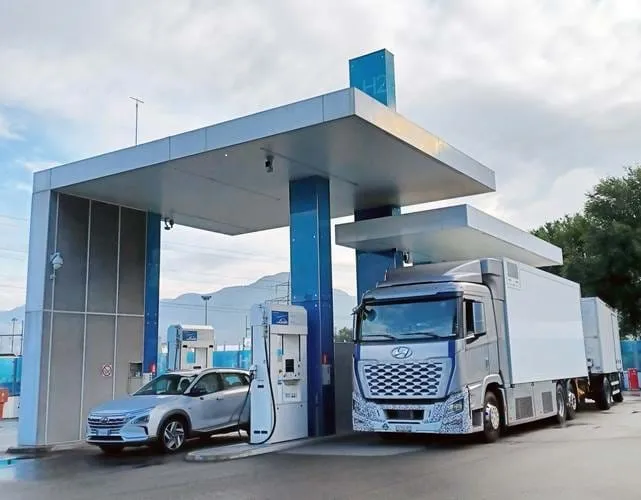RSS
The plug-in hybrid drives operate with zero emissions in urban operation using an electric motor, enabling distances of up to 57 km on pure electrical power; an additional small internal combustion engine provides for a total range of about 900 km. According to Prof. Dr. Martin Winterkorn, Volkswagen chairman, his company’s TwinDrive system “sets new standards and could, over the mid-term, develop into the ideal form of mobility for the vast majority of car drivers.”
The ‘Fleet study in electric mobility’ is now assuming a high level of importance in the wake of events in Japan and the German federal government’s mandatory exit from nuclear energy production. According to plans by the federal government, the number of pure electric vehicles will reach one million units in Germany alone by 2020. And these vehicles must be operated sustainably – from renewable energy sources – to attain significant progress in environmental protection.
“Electric mobility will be a century-long endeavour for Europe as a centre of automotive production and industry. Carmakers, suppliers, energy providers, scientists and politicians – everyone must step up to the plate,” says Winterkorn. In Germany, the ‘Fleet study in electric mobility’ is bringing together precisely these partners.
The fleet study is being conducted by six project partners from research and commerce under the leadership of Volkswagen. Representing the energy industry is energy provider E.ON. From the research area, the Fraunhofer Gesellschaft ISIT (representation of the battery systems and development of new battery chemistry), Heidelberger Institute for Energy and Environmental Research (IFEU; creating eco-balance), the
VW presents electric mobility research
Volkswagen, in cooperation with six project partners and the German Ministry of the Environment, is presenting the current status of the ‘Fleet study in electric mobility’ that was initiated in July 2008. The primary goal of the project, which runs until June 2012, is to consistently utilise renewable energy sources for electrically powered vehicles. Within the framework of the fleet study, Volkswagen is using a total of 20 of the latest generation Golf Variant TwinDrive cars as research vehicles.
April 23, 2012
Read time: 2 mins







